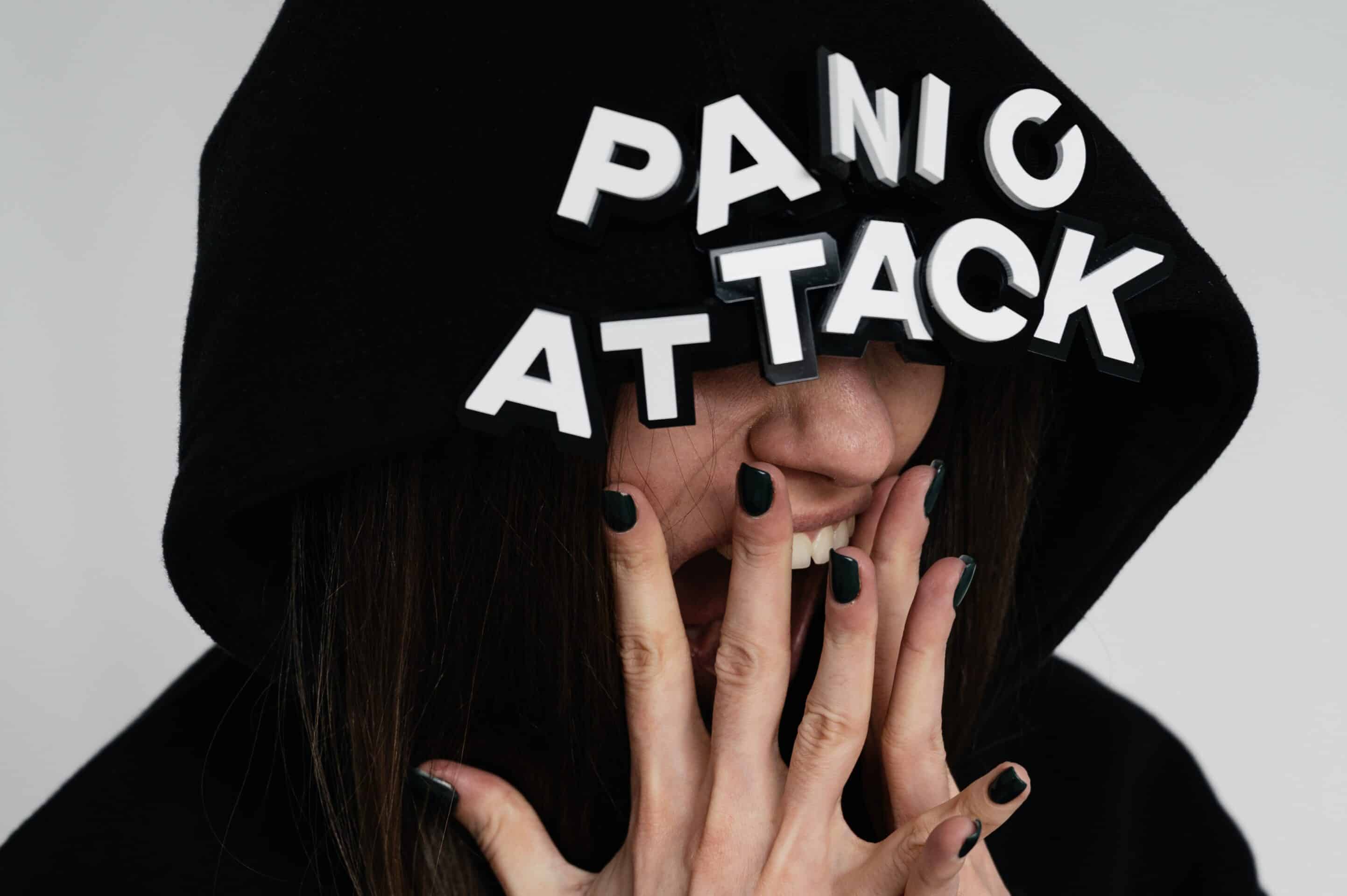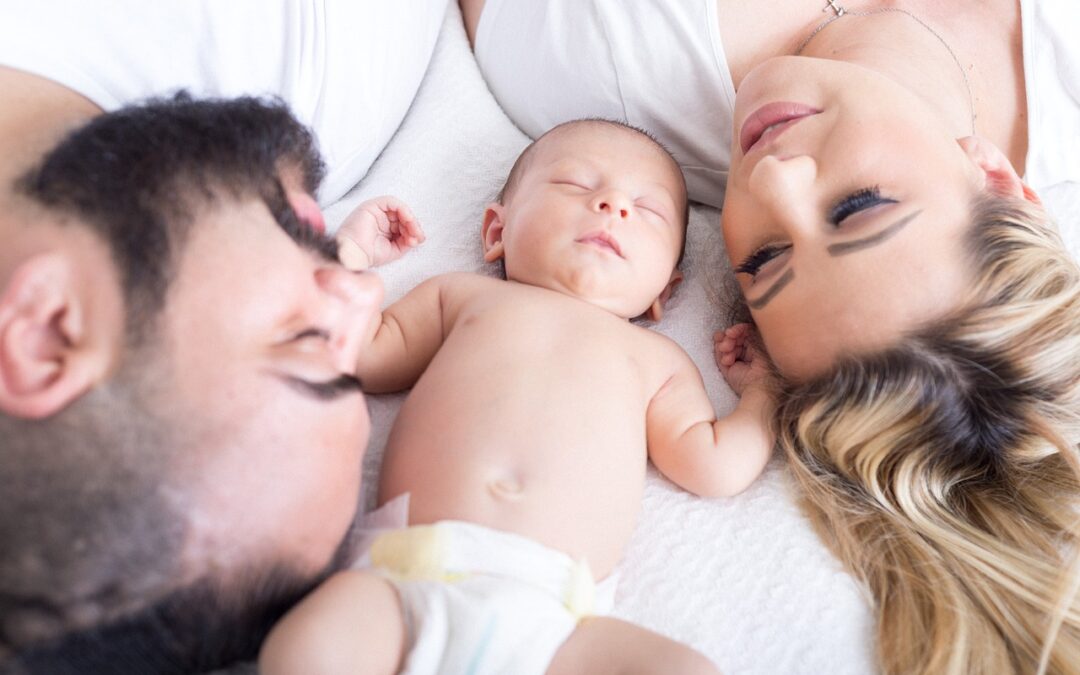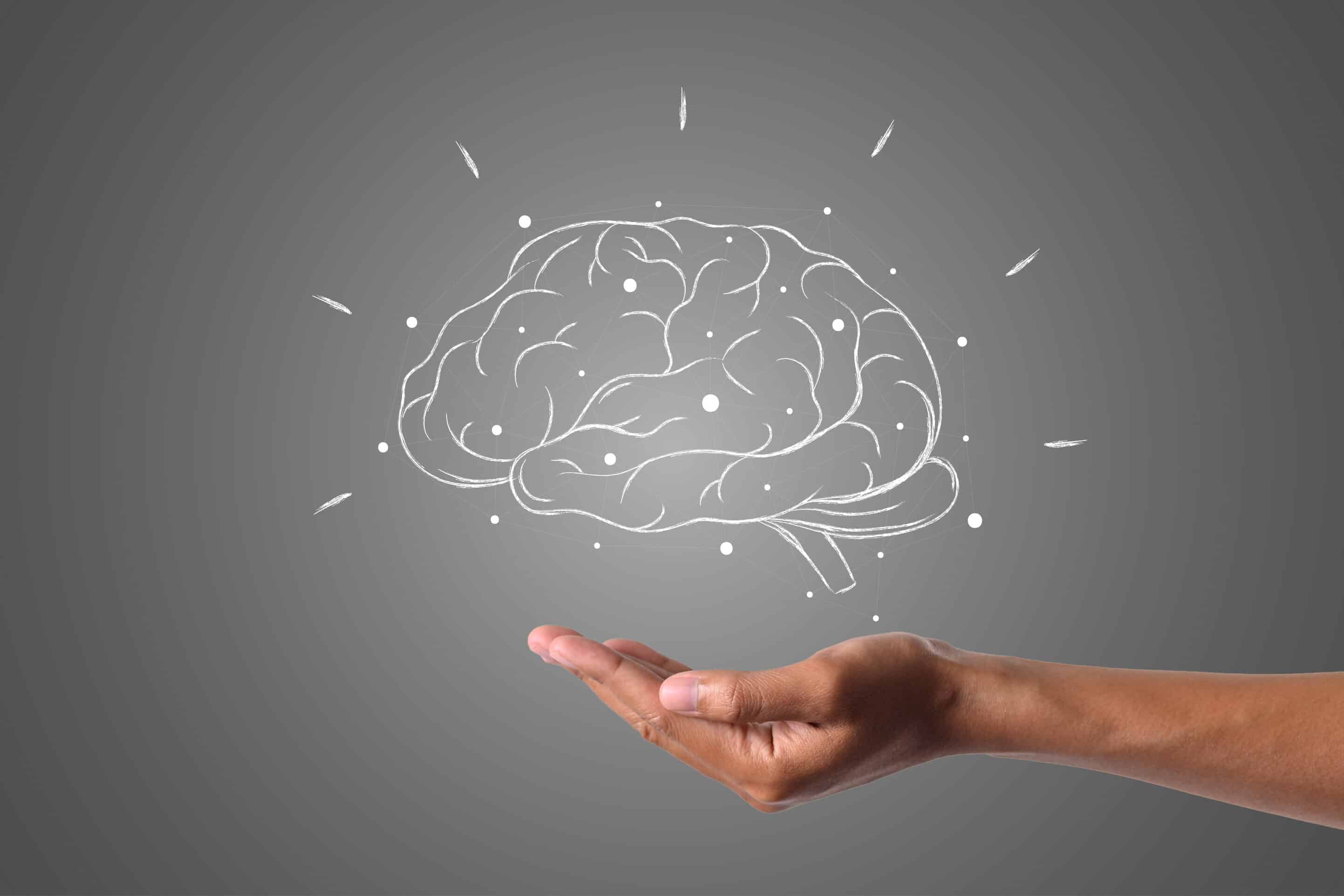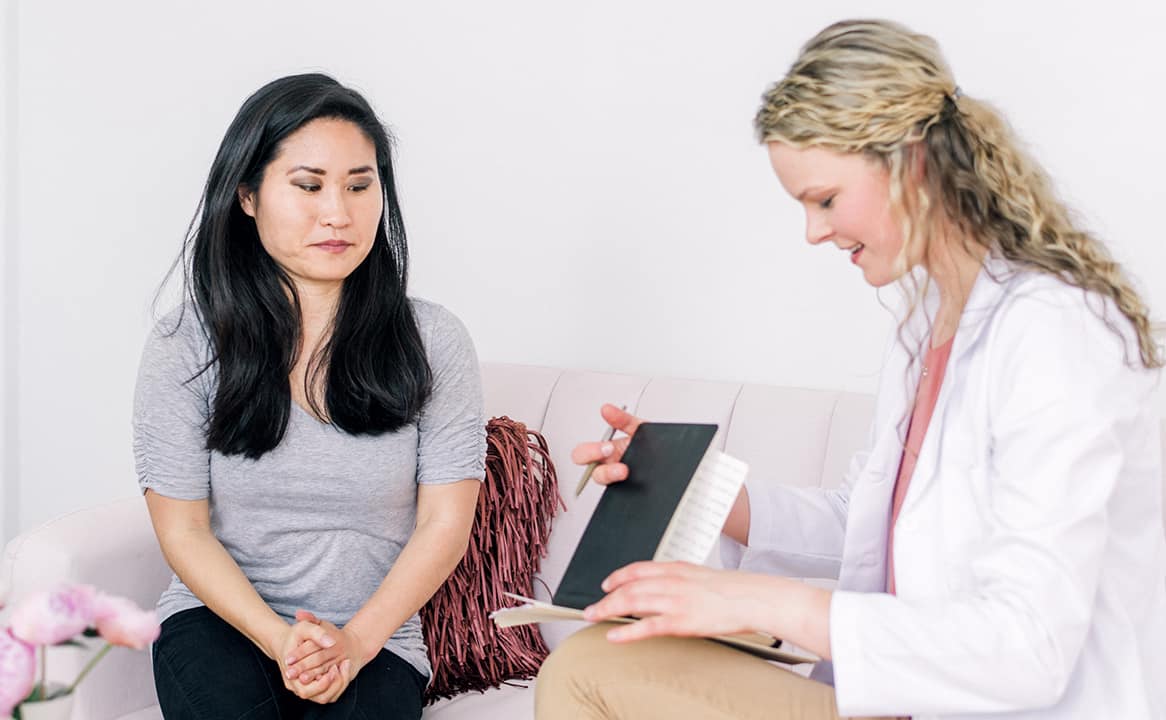It can be an incredibly beautiful and rewarding experience to welcome a new life into the world, but it can also be very difficult. Particularly when postpartum anxiety is involved.
Up to one in five new mothers may experience postpartum anxiety, according to recent studies. Although postpartum anxiety (PPA) is more prevalent than postpartum depression (PPD), it frequently goes undiagnosed and untreated.
The additional obligations and changes that come with motherhood frequently cause new mothers to feel a little overwhelmed. However, for some mothers, anxiety can develop into a significant problem that affects their day-to-day activities.
The definition of postpartum anxiety, its signs and symptoms, and coping mechanisms will all be covered in this article. My mission is to give expectant you and your family the knowledge and resources they need to identify and treat postpartum anxiety.
You should be able to take pleasure in motherhood's many blessings without having to worry about it.
Understanding Postpartum Anxiety
An anxiety disorder known as postpartum anxiety can develop after giving birth. It is characterised by excessive, ongoing worry about one's health, the health of the baby, and general well-being.
Most new parents find their minds racing: What if the baby suffocates? Or slips under the water during a bath? What if someone breaks into the house and snatches them? Often these parents can quickly dismiss these pervasive thoughts.
Postpartum anxiety (PPA), in contrast, is a worry that keeps coming up, is unreasonable (for example, you have a strong fear that your baby will get hurt if you aren't holding them), or you can't seem to get rid of it. When these symptoms interfere with your daily activities or your ability to function, they become a problem.
Postpartum anxiety in new mothers can cause intrusive thoughts and panic attacks. This can include physical symptoms like palpitations, nausea, and sweating. The quality of life for the mother and her family can be impacted by postpartum anxiety, which can range in severity from mild to severe.
Although postpartum anxiety can begin at any point in the first year following childbirth, it frequently starts within the first few months. The mother's health and capacity to care for the infant can be impacted by postpartum anxiety.
Symptoms of Postpartum Anxiety
Postpartum anxiety can manifest itself in different ways, and the severity of symptoms can vary from person to person. However, some common symptoms of postpartum anxiety include:
Excessive Worrying
New mothers may worry excessively about their baby's health, safety, and well-being. They may worry about sudden infant death syndrome (SIDS), accidents, illnesses, and other potential dangers.

Restlessness and Irritability
New mothers with postpartum anxiety may have trouble relaxing and may feel constantly on edge. They may also become easily irritable, which can strain relationships with their partners and other family members.

Physical Symptoms
Postpartum anxiety can also manifest itself in physical symptoms, such as heart palpitations, sweating, dizziness, and difficulty breathing.
Obsessive Thoughts
Some new mothers may experience obsessive thoughts that can be disturbing and difficult to control. These thoughts may involve harm coming to the baby, or fears of losing control.

Avoidance Behaviours
New mothers may avoid situations that they fear could harm the baby or themselves. This can include avoiding leaving the house or avoiding certain activities.

Panic Attacks
These can occur at any stage or time. The severity can range from mild to debilitating.
Insomnia and Difficulty Sleeping
No mom, not talking about bubs keeping you awake. This is when you cannot fall asleep no matter how tired you are.

Difficulty Concentrating
Hormones and lack of sleep are already creating brain fog. Postpartum anxiety can increase having difficulty concentrating or even remembering.

Feeling Overwhelmed or Out of Control
No matter what you do or try, it does not seem to be enough. Everything is falling apart, or so you think.
The physical symptoms of a panic attack could be very similar to symptoms of a heart attack and it is always a good idea to investigate this with a medical professional.
Causes of Postpartum Anxiety
Anxiety after childbirth can have many different causes. It is thought to result from a confluence of environmental, emotional, and physical factors. Anxiety can develop as a result of hormonal changes that take place during pregnancy and childbirth. Postpartum anxiety can also be exacerbated by lack of sleep, stress, and lifestyle changes. Women with a history of anxiety or depression, as well as those with a family history of mental health conditions, are also more likely to experience postpartum anxiety.
Ways to Cope with Postpartum Anxiety
It is important to remember that postpartum anxiety is a treatable condition, and there are many ways to cope with it. Here are some strategies that can help new mothers manage postpartum anxiety:
Seek Support
New mothers should not hesitate to reach out for support from family, friends, or a healthcare professional. Talking about their feelings and concerns can be helpful and can provide new mothers with the necessary support and reassurance.

Take Care of Yourself
New mothers need to take care of themselves by getting enough rest, eating healthy, and engaging in activities they enjoy.

Practice Relaxation Techniques
Relaxation techniques such as deep breathing, yoga, or meditation can help reduce anxiety and promote relaxation.
Get Professional Help
If postpartum anxiety is interfering with daily life, it may be necessary to seek professional help. A healthcare provider can help new mothers find appropriate treatment options, such as therapy or medication.

Connect with Other Mothers
Connecting with other new mothers who are going through similar experiences can help reduce feelings of isolation and provide support and advice.
How Hypnotherapy Can Help Manage Postpartum Anxiety
For controlling postpartum anxiety, hypnotherapy is a potent tool. It can aid in lowering anxiety and encouraging relaxation. It is a secure and efficient form of therapy. The mother will be led into a state of deep relaxation during hypnotherapy sessions by a skilled therapist, which will make the mind more receptive to helpful suggestions. The mother can then work with the therapist to develop coping mechanisms and optimistic thought processes to help manage anxiety in daily life.
Benefits of Hypnotherapy for Postpartum Anxiety:
- Reduces anxiety levels
- Promotes relaxation and calmness
- Helps develop coping strategies
- Improves sleep and reduces insomnia
- Increases self-esteem and confidence
- Enhances overall well-being
In conclusion, postpartum anxiety and postpartum blues are common problems that many new mothers face. It can be a challenging experience, but with the right support and resources, it is possible to manage and overcome these conditions. If you or someone you know is experiencing symptoms of postpartum anxiety or postpartum blues, it is important to seek help from a healthcare professional. By working together and considering hypnotherapy as a treatment option, we can help new mothers lead healthy and fulfilling lives, free from the burden of anxiety.






